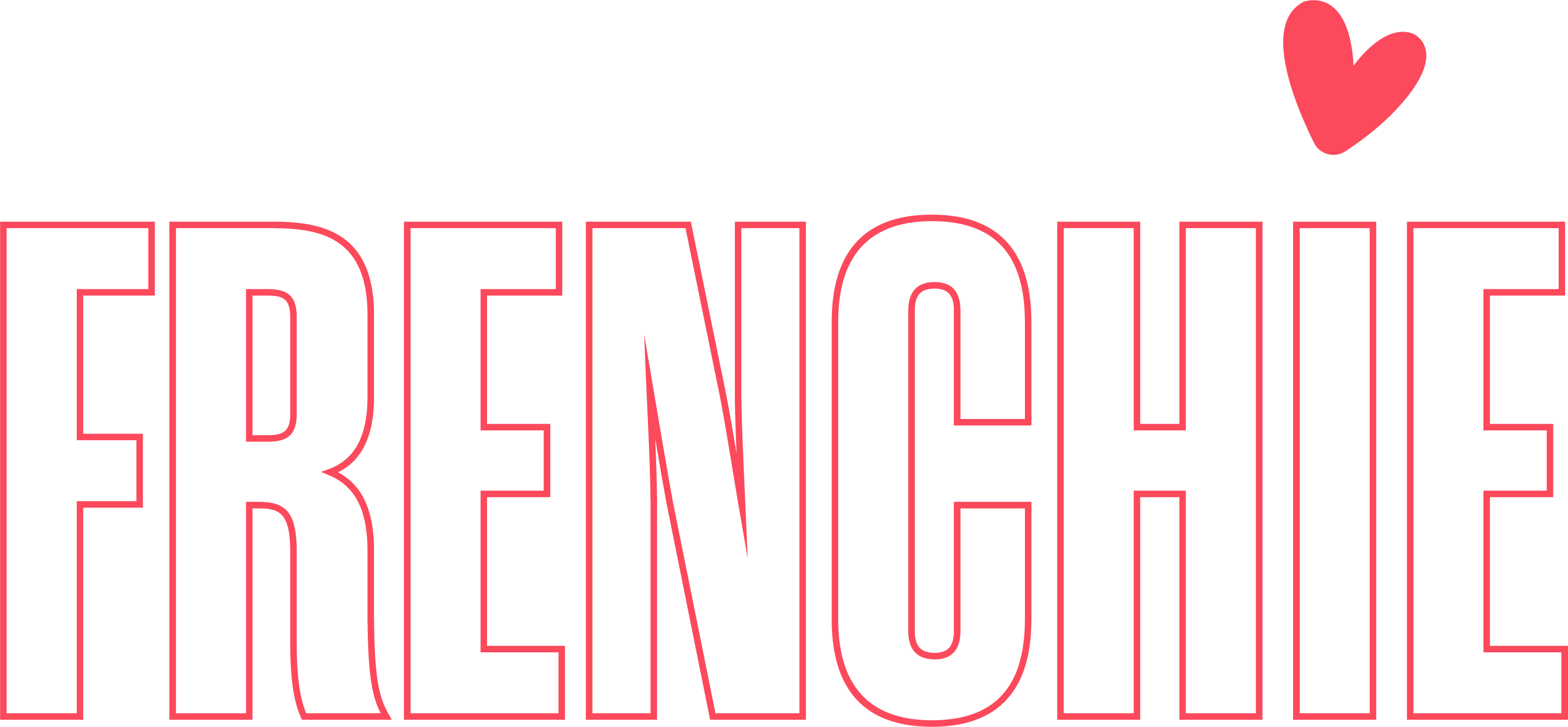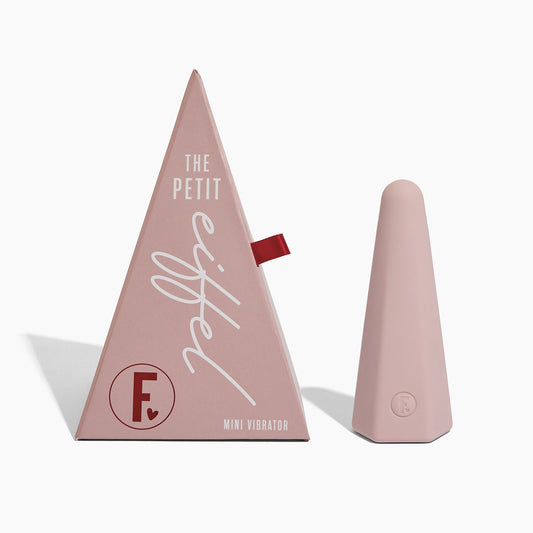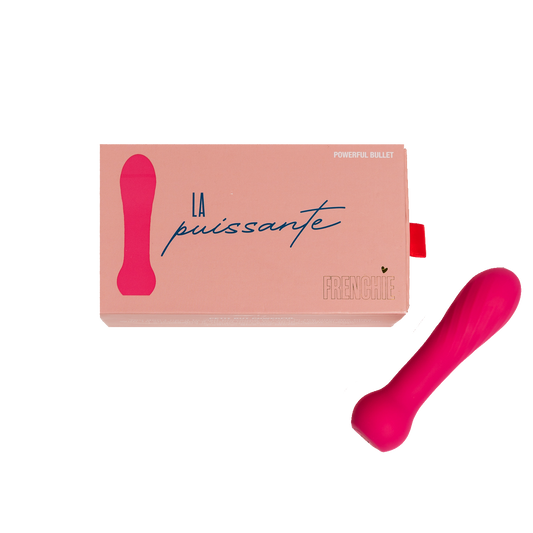the sexual education revolution that needs to happen
There is a sexual revolution happening around us. Take one look at the media, what’s happening in Parliament, our wider society or the school yard, and you’ll see a groundswell of support to update, improve, reform, rehaul sex education in schools around Australia.
The condom on the banana isn’t enough anymore, it never was. School students want to be included, heard and respected in conversations about their sexual health and sex education. Students want content that is contextual and relevant to their lives and experiences; it needs to be sexual health education applicable to them and inclusive, not some abstract idea or theory, nor something perceived as shameful or heteronormative.
The Current Landscape
In 2018, Family Planning NSW conducted a sexual health needs assessment across NSW high schools from years 8 to 12 with 1,839 participants. It revealed a great deal about the current landscape of sex education in high schools and the areas in desperate need of attention and reform. For most students who participated, school was their number one source of relationship and sexual health information, specifically on things like puberty, pregnancy and reproduction, sexually transmitted infections (STIs), contraception and safe sex.
According to Family Planning NSW, students said social media was their main source of information for topics not covered in school classes. These included gender identity, same sex attraction and sexual identity, sexual feelings and desires and the influence of pornography and media representations of sex. Students said the popularity of social media and the internet as sources of sexual health information was due to the reliability of the content, the anonymity these sources provide and the ease of access.
The survey showed student’s overall satisfaction with the sexual health education they received at school as follows:
- 12% were very satisfied
- 41% were somewhat satisfied
- 31% were not very satisfied
- And 16% were not at all satisfied
"school students want to be heard and respected in conversations about sexual health and education"
What's been missed and how can we improve
The main topics students said weren’t covered at school or not discussed in the depth they’d like, included gender identity, same sex attraction and sexual identity, the influence of pornography and media representations of sex, as well sexual feelings and desires, respectful relationships, communication, consent and sexual decision making. The topics where the highest number of students said they received no information were important subjects such as STI treatment and testing, blood borne virus’s (BBVs) and the influences of porn.
These point to glaring gaps in sex education and was reflected in the frustration of some of the student’s quotes from the study:
“More information for LGBT+ people. My teacher couldn’t even tell us how to have safe lesbian sex.” (Female, 18 y/o, Year 12)
“I am in Year 9, I’m sure many people in my year will be sexually active soon. However, we still haven’t received any sexual education. Because of this, the chances of unsafe sex and maybe pregnancy are much higher. People, especially at my age, need to be informed properly, Also, we have not had any discussion on same sex ed, or on gender identity, which I believe we need.” (Male, 16 y/o, year 10)
“Just extremely outdated. We spent 5 lessons on something that can impact your entire life and is an integral part of a health relationship which has so many diversities which we barely touched based with.” (Male, 16 y/o, year 12)
Moving forward, students need to be included in the conversation, and consulted and listened to when it comes to their sexual health curriculum. What’s the point of having a sexual health curriculum that doesn’t cover all aspects or future aspects of young people’s sexual lives and experiences? We are setting them up for failure.
Until the sexual education curriculum improves, next time after PDHPE class when Mrs Baker shows you how to put a condom on a banana, google Frenchie’s Le Journal which is fast becoming the destination for topics that maybe aren’t covered in sex ed curriculum in school with topics such as ways to include lube into your sex life, performance anxiety, managing body image during sex, fostering desire, what to do if you have STI symptoms, consent, what happens at a sexual health clinic, the benefits of masturbation, and sexual identity.





